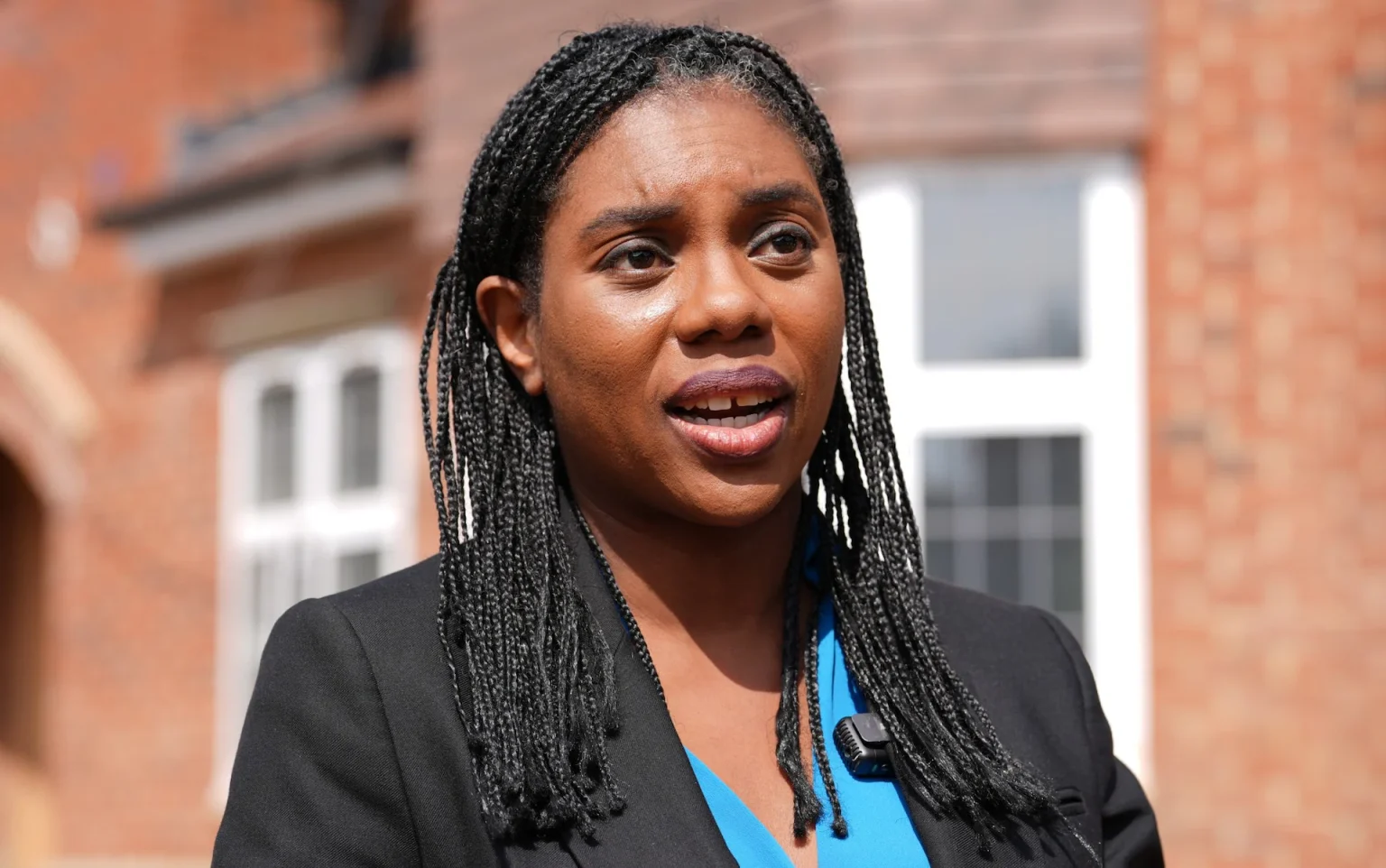Conservative leader Kemi Badenoch has said doctors should be banned from striking just as military and paramilitary officers.
In a statement on GB News with Camilla Tominey, Badenoch announced that a future Conservative government would change the law to prevent doctors, but not nurses, from taking strike action.
She called on Labour leader Sir Keir Starmer to adopt a similar position and accused the British Medical Association (BMA) of acting out of control, referencing 11 doctors’ strikes over the past 18 months. According to Badenoch, some of these strikes had led to patient deaths.
“The BMA has become militant. These strikes are going too far, and it is time for action.
She added that “doctors do incredibly important work. Medicine is a vocation, not just a job. That’s why, in government, we offered a fair deal that supported doctors but also protected taxpayers.”
Badenoch highlight strike effects
She warned that the strikes are not only harming the economy but also endangering patient safety, with cancelled procedures and growing distress for families. “We’re making a common-sense offer to protect patients and public services,” she said. “We will work with the Government to stand up to the BMA and safeguard the NHS.”
Her remarks come during a five-day walkout by junior doctors despite them receiving a 28% pay increase from the government.
Under Conservative proposals, doctors would be added to the list of professions restricted from striking under the Trade Union and Labour Relations (Consolidation) Act 1992. This law currently bars police officers, military personnel, and prison officers from industrial action due to their critical public safety roles.
While doctors would still be allowed to unionise through the BMA, similar to the Police Federation as they would be limited to forms of protest short of a strike, such as working to rule or refusing overtime.
The Conservatives are also backing legislation that would introduce minimum service levels across vital sectors, including healthcare, education, and transport, to ensure that essential services continue during periods of industrial action.
The party argues these reforms would align the UK with countries like Australia and Canada, which have stricter limits on doctors’ strikes, and several European nations, including Italy, Greece, and Portugal, where laws mandate basic healthcare services during strikes.
However, legal challenges are expected. Critics may argue that a strike ban violates Article 11 of the European Convention on Human Rights, which protects the right to freedom of association and trade union membership. The extent to which the right to strike is protected under this article remains a contested issue.
Historically, police officers have been banned from striking since 1919, when the Police Act made it a criminal offence due to their special responsibilities for public safety. Armed forces members are similarly restricted, with unionisation prohibited under the King’s Regulations. Military personnel are sometimes deployed to provide emergency support during NHS strikes.
If implemented, the Tories’ proposed legislation would prohibit strike action across all levels of the medical profession and could include measures such as back-to-work orders, a legal mechanism used in other European nations to compel workers to return to their duties during critical periods.



